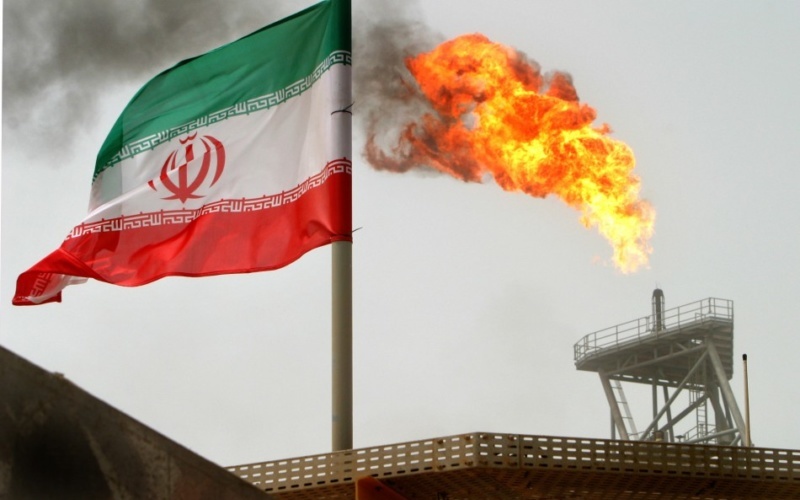In an interview with London’s Financial Times, Oil Minister Bijan Namdar Zanganeh has confirmed what many insiders already knew: Tehran is seeking the return of Western oil companies — and those companies may already be lining up to make bids.
Meetings have been held with European companies and “indirectly” with US firms with a view to inviting them back to Iran, the minister revealed.
Zanganeh hailed last Sunday’s interim nuclear deal as the catalyst, “This is a first step for lifting the sanctions. We can’t sign contracts but the agreement will open doors.”
The minister said the South Pars project, one of the largest in the world, and other gas fields needed development. He added, that while no existing contract would be cancelled, foreign companies could also be involved in other stages of the developments.
in one of his first acts after taking office in August, Zanganeh paved the way for those foreign companies by abrogating the long-standing agreement with the China National Petroleum Company over South Pars. Tehran claims that CNPC never fulfilled promises in the contract for development.
Among the companies who might make bids are France’s Total, Royal Dutch Shell, Italy’s Eni, and Norway’s Statoil — all of whom successfully concluded agreements with Iran during Zanganeh’s previous period as Oil Minister from 1997 to 2005.
Indeed, some of those firms may already have made moves. Iranian media claimed that, despite the sanctions, Britain’s BP had made approaches this summer over possibilities for investment.
“Definitely, yes, we will go back, when and if the sanctions are lifted,” the chief executive of Total, Christophe de Margerie, said in early November. However, he added, “We will not make a single move until this period starts.”
Zanganeh said Iran intends to replace unpopular agreements known as “buybacks” with a form of service contract. He added that production-sharing agreements favoured by companies are not on the table, although Iran is planning to offer better terms than its neighbors, including Iraq.
Iran’s oil exports have been sharply hit by sanctions since the start of 2012, falling from 2.2 million barrels per day to a low of 760,000 bpd.
He cautioned that, while the nuclear agreement was a “positive signal” for his efforts, he did not expect an immediate impact on those exports — no agreement with companies could be completed until there was a full lifting of sanctions, which is being sought by November 2014 under last weekend’s deal.

